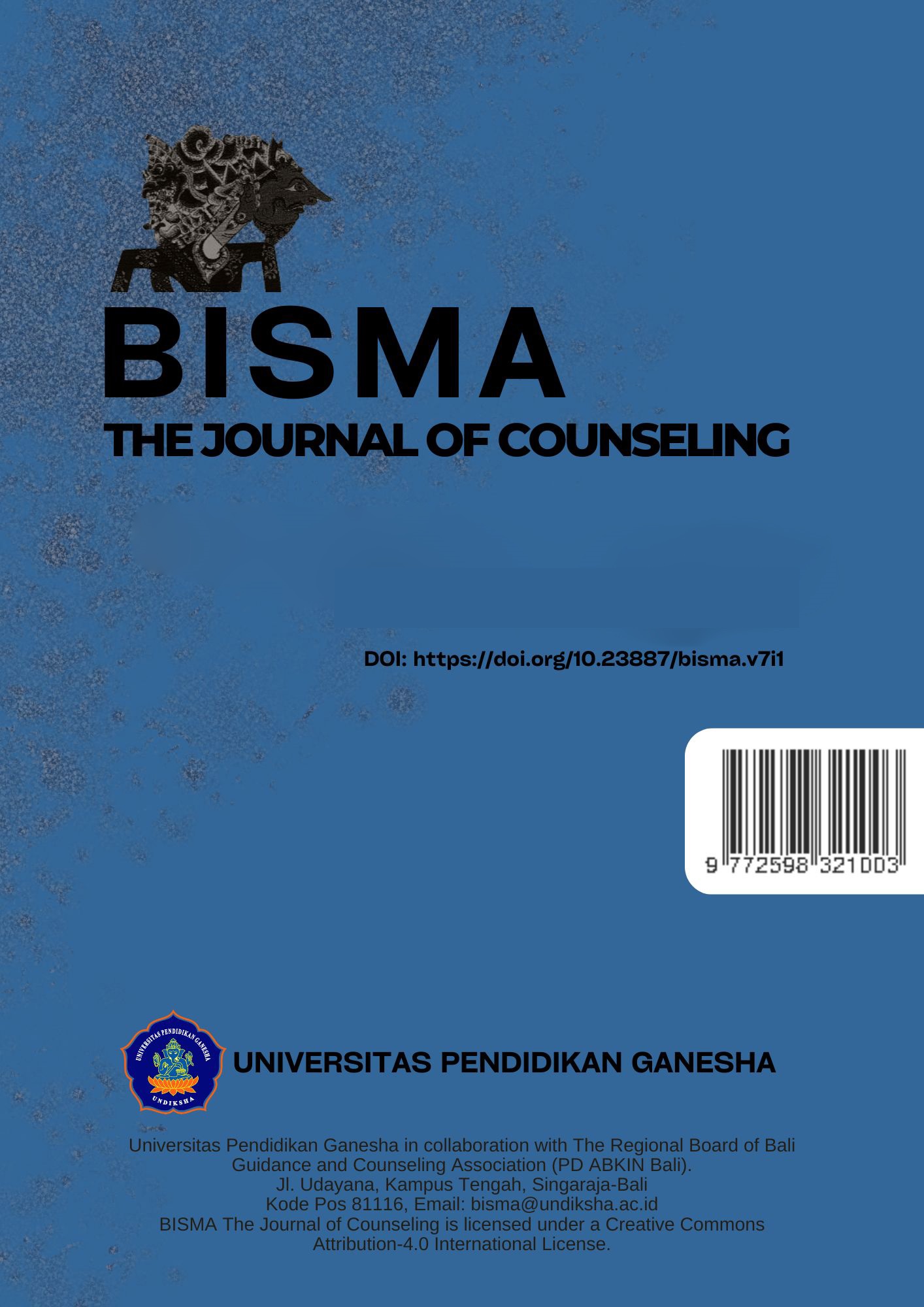Fostering Ethical and Adaptive Careers: Religious Values and Career Readiness in Generation Z
DOI:
https://doi.org/10.23887/bisma.v8i3.84698Keywords:
Religious Values, Career Adaptability, Generation Z, Descriptive PhenomenologyAbstract
Career adaptability is an essential competency for Generation Z students in addressing the challenges of a dynamic and uncertain labor market. This study aims to analyze the role of religious values in shaping the career adaptability of Generation Z students. Employing a descriptive phenomenological approach, the research explores students’ subjective experiences in integrating religious values, such as honesty, integrity, and gratitude, into the career adaptation process. Research data were collected through in-depth interviews with school counselors and students, as well as distributing instruments to vocational high school students representing Generation Z. Thematic analysis of qualitative data revealed that religious values serve as moral pillars that provide direction, mental resilience, and confidence in making ethical and sustainable career decisions. Quantitative results using the Wilcoxon Signed Rank test (Asymp. Sig. = 0.005) showed a significant improvement in the career adaptability of students in the experimental group. These findings were further supported by the Mann-Whitney U test (Asymp. Sig. = 0.020), confirming the effectiveness of integrating religious values into students' career readiness. Additionally, qualitative data revealed that experiential learning approaches positively contributed to students' psychological well-being. Students reported increased self-confidence, self-awareness, and stress management skills that support their readiness to navigate the dynamics of the labor market. This study underscores the importance of religious values in fostering adaptive, ethical, and sustainable career development among Generation Z students.
Published
Issue
Section
License
Copyright (c) 2024 M Khoirudin Jalil, M Ramli, Nur Eva, Nur Mega Aris Saputra

This work is licensed under a Creative Commons Attribution 4.0 International License.








